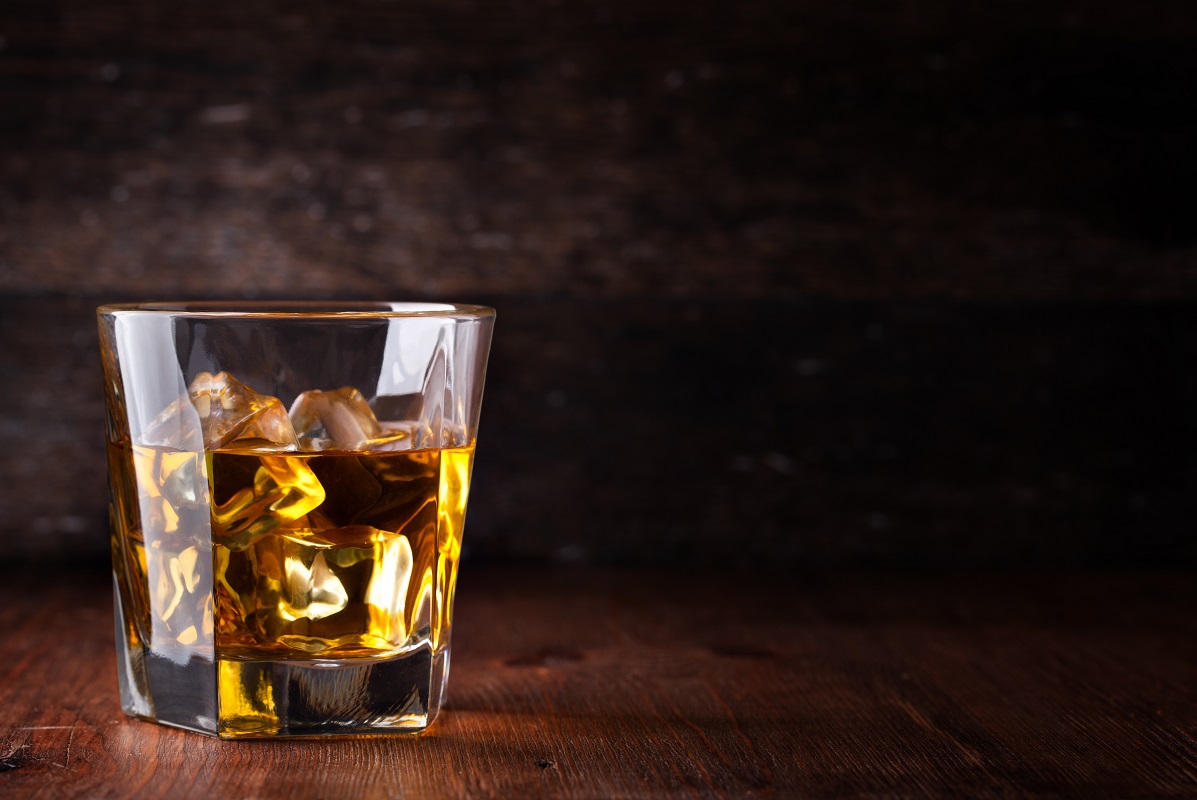- The legal drinking age in the US is 21, with severe penalties for underage drinking.
- Open container laws restrict public consumption, while DUI laws penalize impaired driving.
- Businesses selling alcohol must follow stringent regulations, including serving and disposal practices.
- Social host liability laws hold hosts accountable for serving alcohol to minors or visibly intoxicated individuals.
Alcohol has been a part of human history for thousands of years. It has been used for medicinal purposes, religious ceremonies, and social gatherings. But, as with any substance, there are laws surrounding alcohol consumption. These laws can differ from state to state, and they can be confusing for the average person. Here are a few things you need to know about alcohol laws in the US.
Legal Drinking Age.
The legal drinking age in the US is 21 years old. This law was passed in 1984 under the National Minimum Drinking Age Act. It is illegal to purchase, possess, or consume alcohol if you are under the age of 21.
This law applies to all states, and the consequences for breaking it can be severe. Some states also enforce a zero-tolerance policy for underage drinking. This means that if you are caught drinking underage, you can face fines, license suspension, and even imprisonment.
Open Container Laws.
Open container laws prohibit the consumption of alcohol in public places. This includes parks, beaches, sidewalks, and streets. The only exception to this law is if you are in a designated drinking area or an establishment that has a liquor license. Violating open container laws can result in fines, community service, or even arrest. Additionally, some states may restrict the sale of alcohol after a particular hour.
DUI Laws.

Driving under the influence (DUI) is a serious offense in the US. It is illegal to operate a motor vehicle while under the influence of alcohol or drugs. The legal blood alcohol content (BAC) limit is 0.08% or lower. If you are caught driving with a high BAC, you can be fined, have your license suspended, and even get imprisonment. Repeat offenders can face steeper penalties.
You should employ the help of an experienced DUI lawyer if you believe you have been wrongly accused of DUI. The lawyer can help you navigate the legal system and get the best outcome for your case. A good lawyer can even get the charges reduced or dismissed.
Selling and Serving Alcohol.
Bars, restaurants, and liquor stores are required to follow strict regulations when it comes to selling and serving alcohol. The most important of these regulations include the following four:
They must have a valid liquor license.
A valid liquor license allows establishments to serve and sell alcohol legally. In most states, businesses must apply for a license every year. Additionally, they must adhere to specific rules regarding the sale of alcohol.
They must be aware of the legal drinking age.
In order to remain compliant with the law, all businesses that serve or sell alcohol must check the ID of anyone who appears to be younger than 25 years old. Any customer under the legal drinking age must be refused service.
They must not over-serve customers.
Businesses should monitor their customers’ alcohol consumption closely and refuse service to those who appear to be intoxicated. This is both for the safety of the customer and to avoid potential legal issues.
They must have a secure way of disposing of any excess alcohol.
Any alcohol that is not being consumed must be disposed of securely. This includes opened bottles and unfinished drinks. Businesses should use a secure disposal system to avoid any potential legal issues.
Violations of these laws can result in fines, license revocation, and criminal charges.
Social Host Liability Laws.

Social host liability laws hold individuals responsible for providing alcohol to minors or anyone who is visibly intoxicated. This means that if you host a party and serve alcohol to someone who is under 21 or drunk, you can be held liable if they get into an accident or cause harm to others. These laws vary from state to state, but they can result in fines, civil lawsuits, and even criminal charges. Furthermore, if a minor is injured or killed due to negligence, the host can face harsher penalties.
Navigating the myriad alcohol laws in the United States can be complex, but understanding them is essential for both businesses and individuals. These laws aim to ensure responsible consumption and selling of alcohol, promoting safety, and preventing negative social and health impacts.
Violations can lead to severe penalties, making it crucial to adhere to the legal drinking age, open container laws, DUI laws, selling and serving alcohol regulations, and social host liability laws. As the laws vary significantly from state to state, you should familiarize yourself with the specific laws in your area to prevent accidental legal infringements. Above all, the most important rule is to consume alcohol responsibly and be aware of its effects, as your safety and that of others is paramount.






